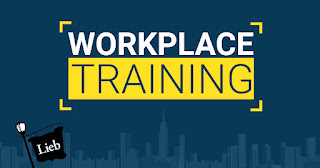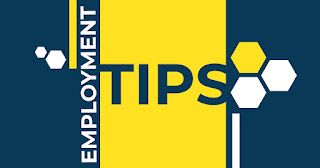Wonder why you were denied the last job or promotion you applied for?
Wonder no more, because there is a good chance that it wasn't a human's decision. In fact, Artificial Intelligence "AI" has become the judge on who is hired or who is promoted for most employers and employment agencies. However, AI isn't perfect and may be infringing on your anti-discrimination rights if it's not properly programmed and regularly audited.
That is why AI or Automated Employment Decision Tool "AEDT" has been the target of much scrutiny. Experts point out that AEDT are prone to bias in their hiring and promotion process. Biases include racial, sexual, and ethnic discrimination, amongst so many other protected categories. This problem has become so worrisome that New York City is putting in place an amendment to the New York City Administrative Code to curb the use of AI in hiring.
Such amendment was approved by the New York City Counsel on November 10th, 2021. It can be read here. The purpose of the Bill is to require employers and employment agencies to assess employees and candidates without the use of machine learned biases. The effects of such machine learned biases are discriminatory in nature.
Now, the Bill is on the Mayor's desk and goes into effect on January 1, 2023.
The Bill is limited to regulating AI decisions that screen candidates for employment or screen employees for promotion. This limitation is not without exception. An AEDT is allowed if the tool has undergone an independent bias audit no more than one year prior to it use. The audit's summary then must become publicly available on the employers' or employment agencies' website.
But how will you know if the employer or employment agency is using AEDT on you? The law enforces notification guidelines that will inform employees and candidates of its use.
If caught in violation of the law, employers and employment agencies face fines of up to $500 for the 1st violation, and fines between $500 to $1,500 for each subsequent violation. Plus, they may be exposed to a discrimination lawsuit with compensatory damages, punitive damages, penalties and attorneys' fees being awarded to the victim. If you believe that you were discriminated against by an AI / AEDT, your lawyer will be able to determine it's involvement during the lawsuit and leverage the company's non-compliance with the NYC Bill to win your case.

















